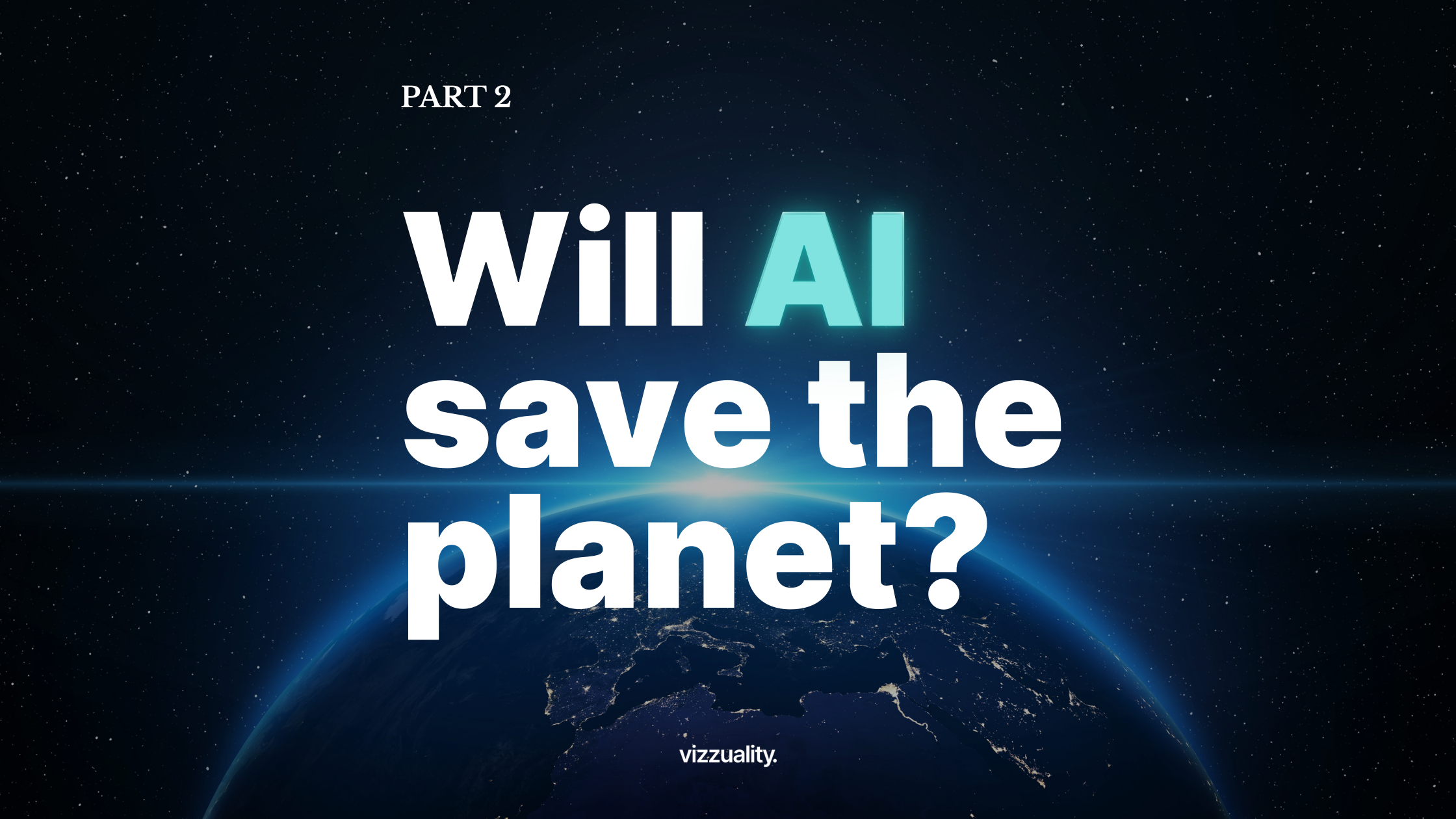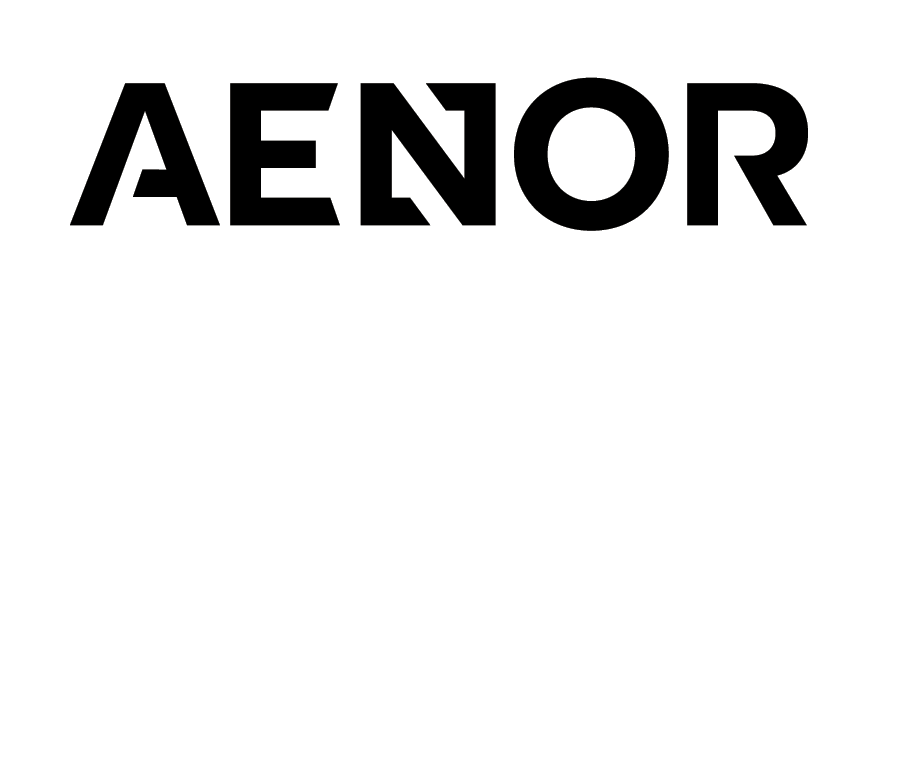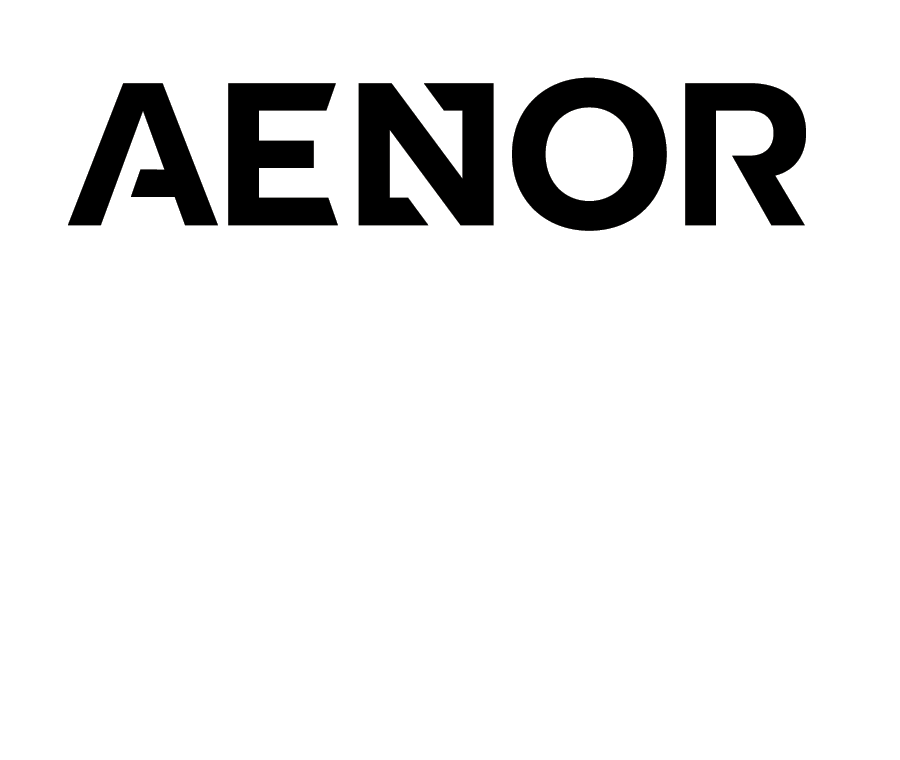Across the world, governments, researchers, and communities are working to halt biodiversity loss. Yet, critical nature data remains fragmented, paywalled, and difficult to use. Only 25% of biodiversity indicators are currently openly available, slowing action at a time when we can’t afford delay.
Imagine a world where every decision shaping our planet — from corporate supply chains to local conservation projects — is informed by reliable knowledge, strengthened through collaboration across science, policy, and technology.
That’s the vision we’re striving to create with OpenNature.

What is OpenNature?
OpenNature is a bold, collaborative initiative founded in 2024 and coordinated since then by Vizzuality colleagues Mike Harfoot and Francis Gassert. We unite contributors from science, policy, and technology to make biodiversity knowledge open, operational, and actionable.
We bridge the gap between ambition and reality by transforming fragmented datasets into tools, processes, and partnerships that drive tangible impact. Our goal is to ensure biodiversity knowledge doesn’t remain locked in silos but is integrated into every decision that shapes our planet’s future.
Why does it matter?
Biodiversity loss is one of the most pressing environmental challenges of our time. Varied species and ecosystems are integral to a healthy, balanced planet, and their decline disrupts the natural systems that sustain life for all species — including humans.
Over the years, global efforts like national biodiversity strategies and the 30x30 conservation target have set ambitious goals. But progress is often hindered by inaccessible or incomplete data. OpenNature addresses this challenge by creating the infrastructure, governance, and partnerships needed to make biodiversity knowledge both actionable and widely available.
Here’s what sets us apart:
- Partnership over competition: We unite leading scientists and engineers in a cooperative structure that prioritizes impact and openness over ownership.
- Decades of experience: Our initiative is guided by experts who have developed many of the biodiversity tools and indicators used around the world today.
- Radically open and fast: We embrace continuous release, early publication, and transparent processes to accelerate progress.
- Engineering meets science: We provide the technical capacity to turn scientific innovation into scalable, operational tools.
- Amplifying, not replacing: We complement existing efforts to move faster, collaborate better, and expand impact, rather than compete with them.
OpenNature isn’t just a repository of data. We are a collaborative engine for action, driving real-world outcomes through openness and shared purpose.
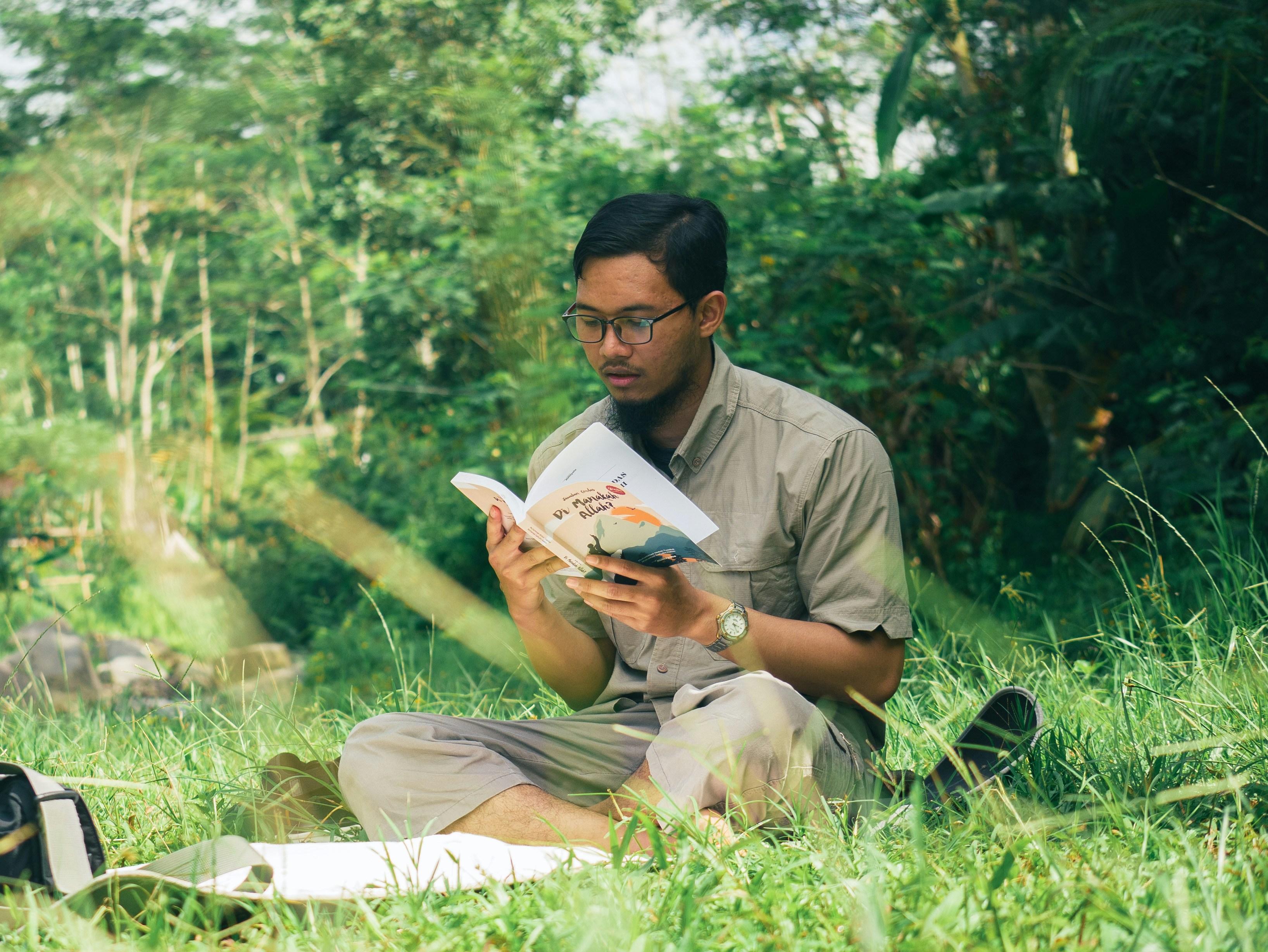
What we will be working on:
From satellite-powered AI to intuitive dashboards, we’re harnessing openness and innovation to make biodiversity data truly usable, for scientists, communities, and decision-makers alike.
Some of the initiatives we’re developing and supporting include:
- Open API for biodiversity intelligence: Making species distribution data more accessible, interoperable, and actionable.
- Integrating local knowledge: Embedding local insights into tools from the outset to democratize knowledge and enable community-led action.
- Foundational nature AI model: Combining ecological understanding and biodiversity data to answer complex questions that are currently difficult to address.
By combining cutting-edge technology with collaboration and open data principles, OpenNature aims to turn insights into informed decisions that drive a nature-positive future.
Have an idea that fits this mission? We’d love to hear from you!
Collaboration is key.
We’re proud to work alongside a growing network of partners at: CSIRO, Future of Marine Ecosystems Lab, Purdue University, University of South Florida, McGill University, Science-i, Global Forest Biodiversity Initiative, iNaturalist, Land & Carbon Lab, iDiv, University of St Andrews, University of Zurich and WWF.
And specifically:
- Sergio Estella, Francis Gassert, Mike Harfoot (Vizzuality)
- Craig Mills (WRI, Director Land & Carbon Lab)
- Derek Tittensor (Dalhousie University)
- Oisin Mac Aodha (University of Edinburgh)
- Drew Purves (Google DeepMind)
- Ali Swanson (Conservation International)
- Simon Ferrier & Andrew Hoskins (CSIRO)
- Dave Thau (WWF US)
- Alison Johnston (University of St Andrews)
- Laura Pollock (McGill University)
- Joe Millard (University of Cambridge)
- Carsten Meyer (iDiv)
- Konstantin Klemmer (Microsoft Research)
- Niamh Eastwood (University of Birmingham)
- Scott Loarie (iNaturalist)
- Maria Santos (University of Zurich)
- Jingjing Liang (Purdue University)
- Patrick Roehrdanz (Conservation International)
- Brian Maitner (University of South Florida)
- Marissa Balfour (Map of Life)
- Christina Kennedy (The Nature Conservancy)
- Sara Beery (MIT)
Join the movement.
Is your organization advancing biodiversity monitoring, open-source tools, scalable datasets, or decision-support technologies? Come join us!
OpenNature exists to amplify collective impact. The more we work together, the greater our capacity to protect and regenerate life on Earth.
Explore the website: https://www.open-nature.org

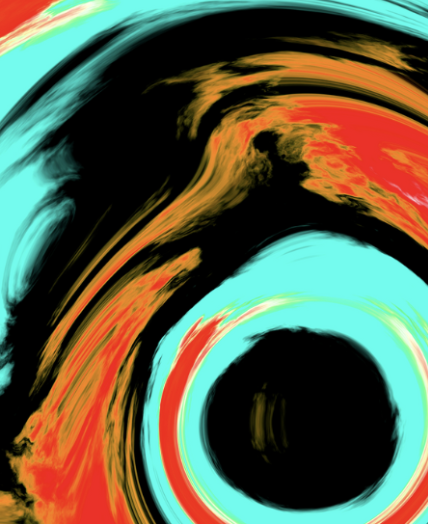
.png)
